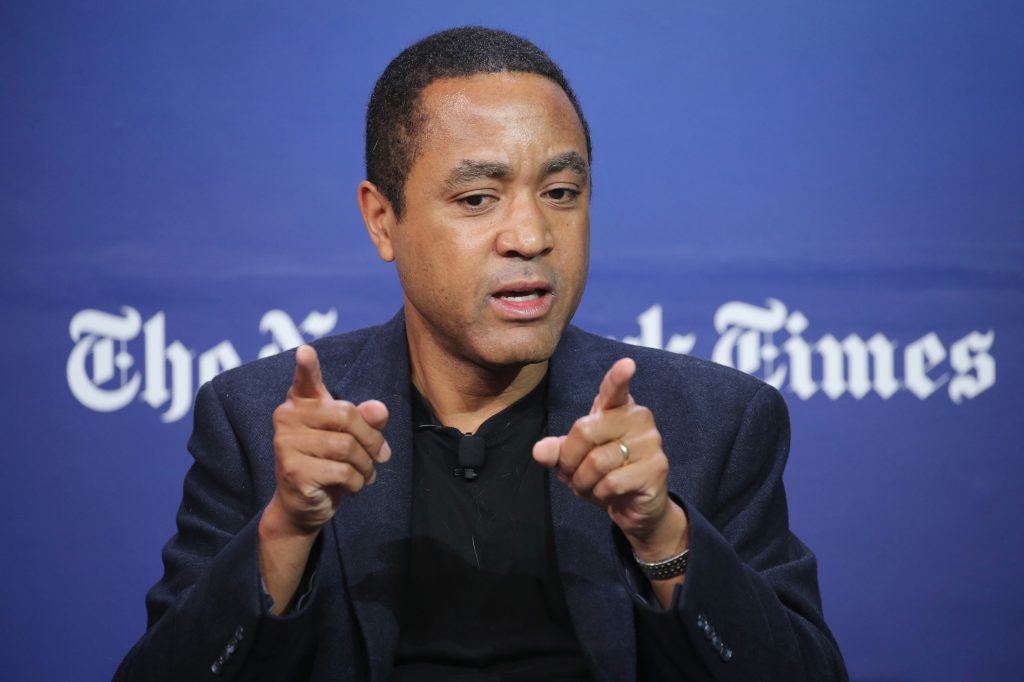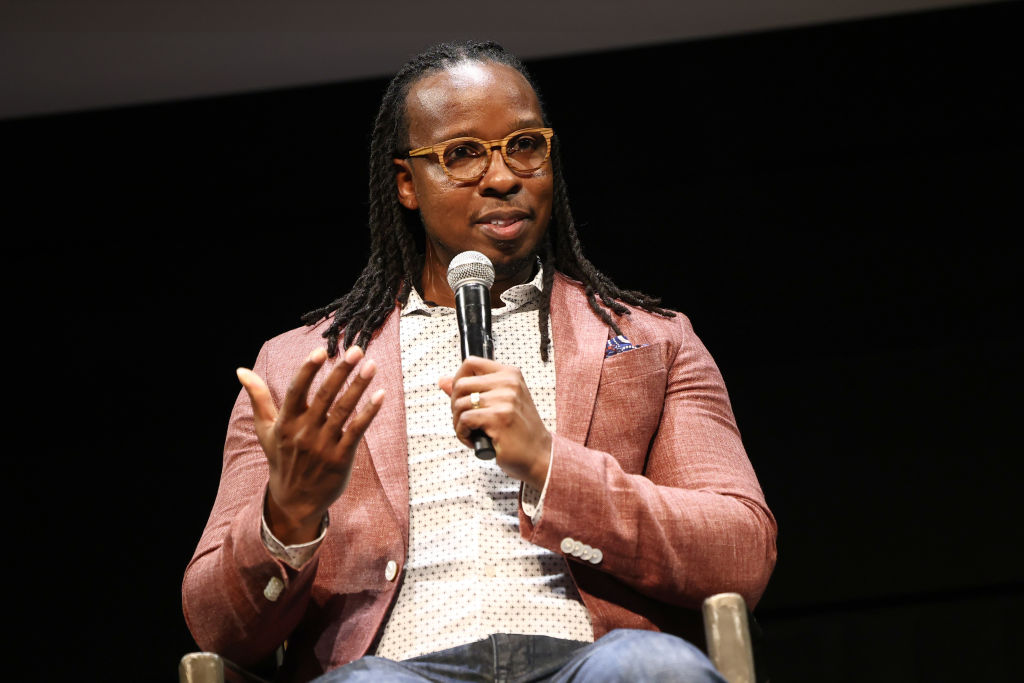We all know that there are some things we shouldn’t say. Words that are mean-spirited and injurious, potty-mouthed expressions when we stub our toes, hateful things that can drip off the tongue like acid.
But no words are better equipped to capture the changing landscape of a culture than those that aren’t supposed to be uttered.
At a moment where everyone from high school principles to New York Times journalists are struggling with the latest iteration of language rules, John McWhorter, an associate professor of linguistics at Columbia University is out with a thoughtful, deeply researched, and downright funny book about swears. Nine Nasty Words: English in the Gutter — Then, Now, and Forever wrestles with two thorny, topical questions: what can’t we say? And why can’t we say it?
The book charts three different epochs of profanity in the English language. Across time, these words titillate and fascinate because, despite the best efforts of the censors, because ‘profanity cannot be silenced; profanity wants to get busy’.
The first period of profanity concerns the sacred. The opening chapter explores ‘hell’ and ‘damn’, unsayable for their connection to eternal punishment and the threat thereof.
McWhorter traces back through hundreds of years of writing — notes and letters and contracts and more — to uncover how society originally thought about curse words. The tie between swearing and profanity is an ancient one. Swearing once meant not a dirty word but a pledge, ‘equivalent to the signature and thus to do it without sincerity threatened the foundations of society’. Cursing then evolved from the misapplication of these important words and phrases.
But as anglophone societies began to shake loose the yoke of prescribed religiosity, curses shifted to focus on bodily matters. Privacy — a comparatively new phenomena — made behaviors that previously took place in a semi-public setting (think what takes place behind a bathroom or bedroom door) taboo. Add a dash of post-Victorian sensibility — even referring directly to the stomach was dirty, given its proximity to, well, dirtier parts — and it becomes clear how many of our current slate of four-letter words got their current designations.
The final stage of profanity that McWhorter focuses on is the slur. While he acknowledges that some would contend that slurs are different from swears, they’ve clearly overtaken the focal points of prior chapters as the most unsayable and potent terms of our modern era.
McWhorter focuses on two specific terms — the racist ‘N-word’ and the homophobic ‘F-word’. (McWhorter writes out both words, for clarity and impact). The first, which McWhorter dubs ‘English’s Voldemort term’, has been a focus of McWhorter’s writing more broadly. A recent guest essay in the Times taken from the book outlines both the etymology of the word and its journey to public contempt, not yet impolite in the early 20th century to ‘unutterable, regardless of context’ by the end of it. We see a similar arc for the homophobic slur, with an even more confusing etymology, from bundles of sticks to fake soldiers (and then to simply clueless ones) to women and children and eventually to the connotation we understand today.
That both terms were often commonplace emphasizes their casual cruelty; black or gay people were, in living memory, given supposedly neutral descriptors that emphasized their perceived worthlessness and society didn’t bat an eye.
While some commentators have called for everyone to stop using the racist slur — across all spellings and intonations — McWhorter also addresses the word’s reappropriation. The biggest stumbling block to such an approach is ‘the incessant frequency with which millions of Black people use it and always have, and most of the time with so powerful a bonding power, redolent of leveling and worth — humanity, in other words.’
This transition underscores a key theme of the book: what constitutes profanity isn’t a linear, additive process. Terms that were once unremarkable can become unsayable — and the profanity of yesteryear can still come back into style. Within a generation, words can go from a slur to a self-chosen celebratory moniker.
One of the many beauties in the construction of swears is that, at face value, their usage may make no sense. But dig a little deeper, as McWhorter has done, and you find not only a rich etymological and linguistic explanation, but geographic, sociocultural, religious, political and anthropological reasons why swearing conventions exist as they do. Sure, ‘what the shit’ may not make sense taken literally, but if you and a friend are both walking and she utters it, you’ll know to look up because something is off.
With a keen sense of dry humor, McWhorter is able to suspend disbelief and treat the silly, nonsensical usage of swears with an exacting, academic rigor. There is a lighthearted earnestness about the book that defies both the vitriol and the tip-toeing so common to the conversation around speech. It’s a reminder that words are just words, things we collectively give their sting, assortments of letters we can all chuckle at when conjugated like a verb in a high school French class.
By unraveling what is profane, McWhorter shows us what is culturally sacred, beyond the grasp of mockery and meanness. At a time when so much of the news seems perpetually grim, the changing window of profanity provides a small measure of good news. If even the most unspeakable words can enjoy a second act as well-meaning terms of endearment, maybe there are brighter days ahead for the rest of the discourse, too.

























